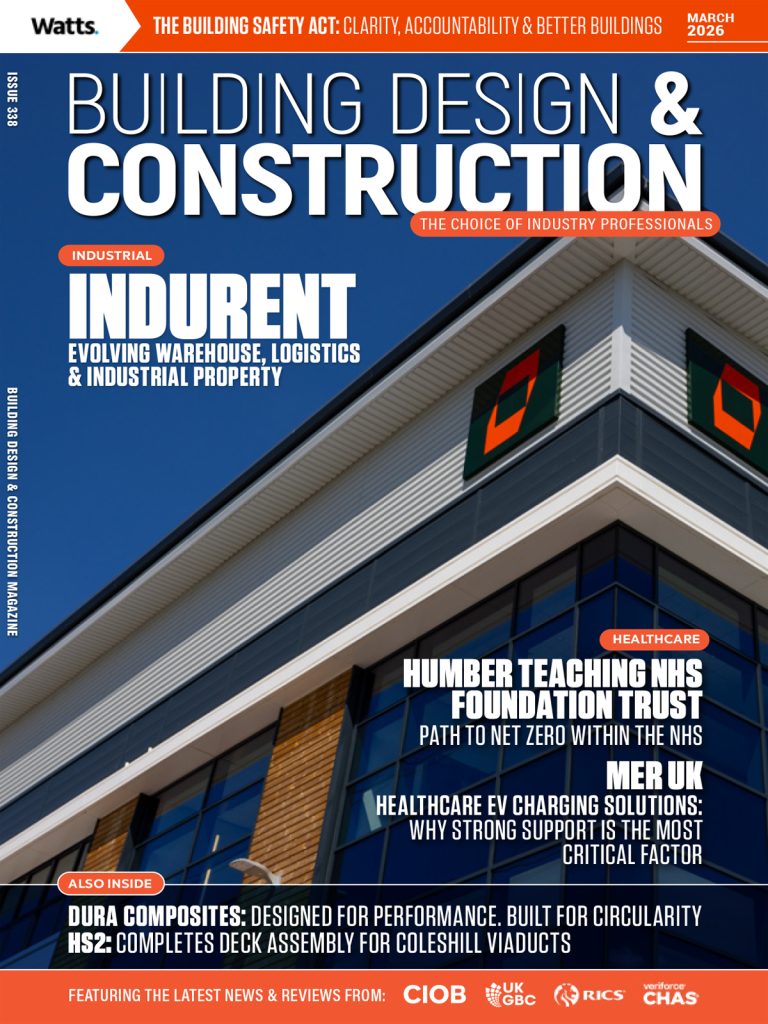When two parties begin talking about a contract, the general assumption is that the client has already found the right contractor for their project or vice versa. But depending on the details exchanged during the preceding meetings, it may not always be the case. Sometimes, both parties don’t get a full grasp of what they’re getting into until they’re presented with a detailed contract. But if a contract appears to be too simple, there may be something lacking.
Contracts should serve as legal protection for both parties in case something unexpected happens such as disputes or disagreements. But more importantly, it should make the terms of services crystal clear for both parties.
If you’re working with a construction service provider for a project, your contract should have the following vital provisions to make sure it will serve its purpose well when issues arise.
1. The Scope Of Work
Aside from the job description, the construction contract should also indicate in detail the service provider’s job responsibilities and their extent. Because of the amount of detail it usually entails, the scope of work sometimes has an entire page on its own, attached as a part of the contract. It should include
- Work stages
- Task descriptions
- Timeframes
- Periodic deliverables
A detailed scope of work will reduce future discrepancies especially when it comes to what the service provider should or shouldn’t do. It should be error-free, accurate, and complete. Otherwise, a time-consuming amendment will have to be done later. To be more precise, it may also include an exclusions clause, which will specify in detail the tasks that are not part of the service provider’s responsibilities.
2. The Contract Duration
Often called the ‘time is of the essence’ or TOE clause, this emphasizes the importance of the timeframe both parties agreed to in a project. This usually contains an enforceable commencement date and completion date, which is the best solution to prevent project delays and added costs.
This also means that delays, in case they occur, may be used by clients as grounds to cancel the service or the contract.
3. Terms of Payment
Another provision in a construction contract that requires as many details as possible is the terms of payment. It should include the total amount payable once the services are completed, including the breakdown and schedule of payments.
This clause should also indicate the actions that both parties may take when payment issues occur such as delays, incomplete payments, or failure to pay. These terms should be clear in the contract, including any percentage that the client can hold until the successful completion of the contracted work.
4. Limitation Of Liability
When issues that can cause disagreement between the contracting parties arise, the limitation of liability (LOL) clause will help avoid further disputes. It acts as a waiver in the event of consequential damages and losses, helps avoid litigations, and puts a cap on the extent of compensation that either party may be liable to in such events.
However, both parties will usually have to negotiate this part of the contract, especially for larger scale projects. If you’re not certain about what’s reasonable and what’s not, it’s best to contact a business law attorney Miami to make sure you won’t be getting the short end of the stick.
5. The Indemnity Clause
Similar to the limitation of liability, an indemnity clause or hold harmless clause addresses the issue of losses and damages throughout the contract period. However, unlike the LOL clause that protects the service provider more, the indemnity clause protects both parties.
Essentially, indemnity clauses are a form of risk management that transfers liabilities. When one party commits an action that poses risks to the other party, the party that committed the act cannot involve the other party in their legal responsibilities.
This clause may be written with the limitation of liability and should include the trigger events, the responsible parties, and the extent or limit of coverage.
6. Dispute Resolution Clause
It’s essential for a contract to stipulate how parties will resolve disputes if and when they arise. It reduces the chances of the project stalling when parties can’t seem to agree on how to go about an issue or conflict. The standard dispute resolution methods include arbitration, mediation, litigation, and adjudication.
Even though the contracting parties aren’t anticipating anything to go wrong during the contract period, it’s always best to be prepared. A dispute may arise years after the project is complete, especially if the contract failed to include a vital provision.
With the dispute resolution clause in place, when issues arise, both parties will be able to resolve them faster. It may also help salvage work relationships that may have been affected by disputes.
7. Termination Clause
Having to terminate a service provided for a project is often complex, especially when a contract lacks this clause. The termination clause indicates the situations under which either party may end the contract, including their obligations. This allows the contracting parties to terminate their agreement mutually when the other party is in breach. It should briefly discuss the process that leads to termination, such as issuing a notice, a warning, and even a short period that provides an opportunity for the other party to rectify their violation.
This section of the contract must be specific to ensure that each party understands the circumstances that may warrant the contract to end.
Takeaway
A construction contract should be as detailed as possible and should have provisions that are fair for both parties. When drafted properly, this contract is what will help you facilitate a smooth project with realistic and enforceable timeframes. It will minimise disputes, help resolve issues promptly, and create a better sense of responsibility from both parties when it comes to their obligations. More importantly, it will help protect you against potential legal entanglements in the future.
To make sure your construction contract is legally binding, you can seek the assistance of a legal professional in your jurisdiction. This will also help you guarantee that your contract follows the laws that may govern the services you’re partaking in.






